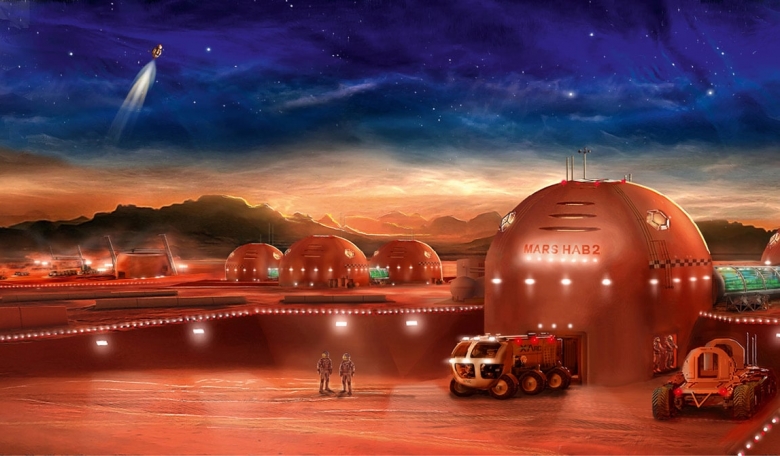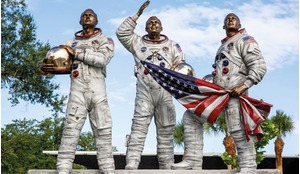A new space age is dawning, an age characterised by commercial and technological development. Around the world entrepreneurial startups are building rocket boosters and engines, satellites and asteroid probes and even commercial lunar cargo landers. Research into ever more sophisticated propulsion and life support systems will soon enable the journey to Mars and destinations deeper in our solar system. In this article, based on an excerpt from his new book, Space 2.0, space and science writer Rod Pyle focuses on human settlement of space – its effects on the way we live on Earth right now and the importance for the future of humanity of expanding beyond Earth to establish permanent colonies in space.
The ‘Final Frontier’, used to describe space, became a staple of science fiction with the introduction of Star Trek in 1966. In relation to space settlement, it applies exquisitely. As the last of the unsettled frontiers, space tantalises us with its potential.
Settling this wilderness will not be easy, of course. As the late Paul Spudis, a scientist at the Lunar and Planetary Institute in Houston, said in a 2017 essay on lunar settlement, we will need to “arrive, survive, and thrive…”. None of those things will be easy. But space challenges us to expand outward, and we will.
When I say “challenges us”, I use that phrase deliberately. Pursuing our goals in space with current technology is tough, expensive, and sometimes dangerous. But the more we apply ourselves to those challenges, the less of an impediment they will be.














